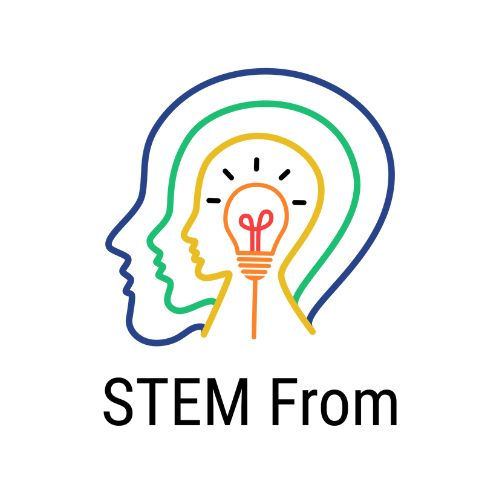I was recently on a call with an Entrepeneur CEO who founded various companies both in health tech and other technology-based industries. We had a wonderful conversation not only about what I wanted in a career, but also how he had gotten to the position in which I was speaking to him.

Part of the conversation surrounded the ideas around what do I like to do when I think about a position [not a career]. I appreciated the question and answered fairly vaguely because I was transparent with him in that I was not looking for a specific title, specific industry, or even a specific company. Rather, I was looking for an opportunity in which I could create rigor, processes, and infrastructure from nothing.
He reflected on this answer and took a quick peak at my Linkedin. What he in turn asked was almost perfection as to why I was pursuing STEM From. He asked me two sequential questions:
How did you find the transition to corporate culture from academia/research?
What did you find challenging?
He must have known he hit the nail on the head for that question because I was grinning from ear to ear. I responded not only positively to the question, but I also said that I have received the question quite a few times in interviews and career discussions.
These are the aspects that I focused on when answering his question:
As a scientist I have been trained to think through any question in a logical and systematic method. Approaching corporate problems, or business questions in a logical manner is a tangible skill by which any and all STEM graduates are trained to tackle.
The usage of the Scientific Method. Not only is a logical and systematic method required to tackle presented problem appropriately, but also the ability to follow the scientific method when addressing those problems. To lead the problem-solving endeavor with a hypothesis to enacting data to prove or disprove that hypothesis is key to developing a systematic approach to answering problems.
Leading any and all discussions in solving a given problem with data and statistics is key to being thoughtful and building trust with stakeholders. All scientific questions are proved or disproven through the demonstration of data, not opinions. Data provides informed decision-making as well as solidification of results based on black and white criteria.
The above are all values that speak to the underlying skills STEM students can easily translate to other areas beyond research or academic pursuits. They definitely have helped me in approaching problem-solving as well as discussing non-STEM subjects in other areas. Emphasize these skills when you speak to others and in your career. They are highly translatable, relatable, and proven to be impactful in the business world.
Which skills do you want STEM From to elaborate more on the most?
Using Data and Analytics To Lead Discussion
Using the Scientific Method To Address Problems
How To Use Logic To Approach Problems Effectively




Comments